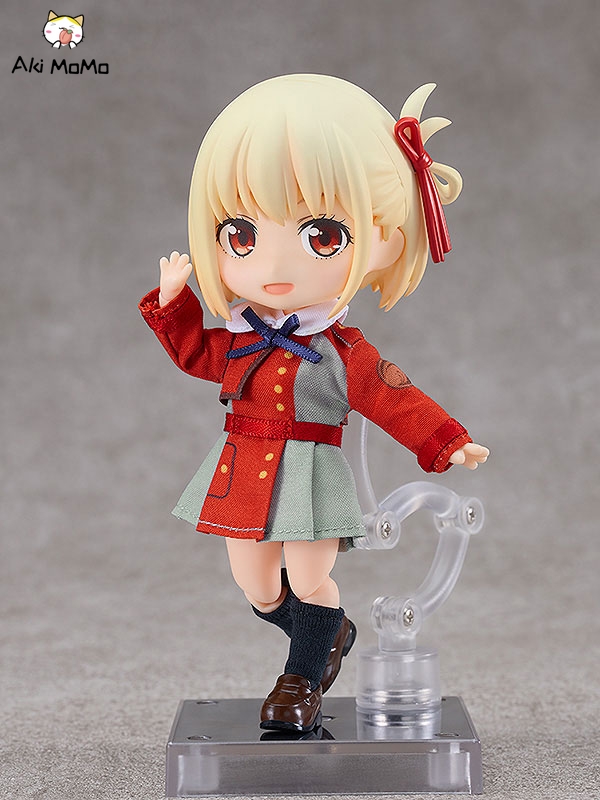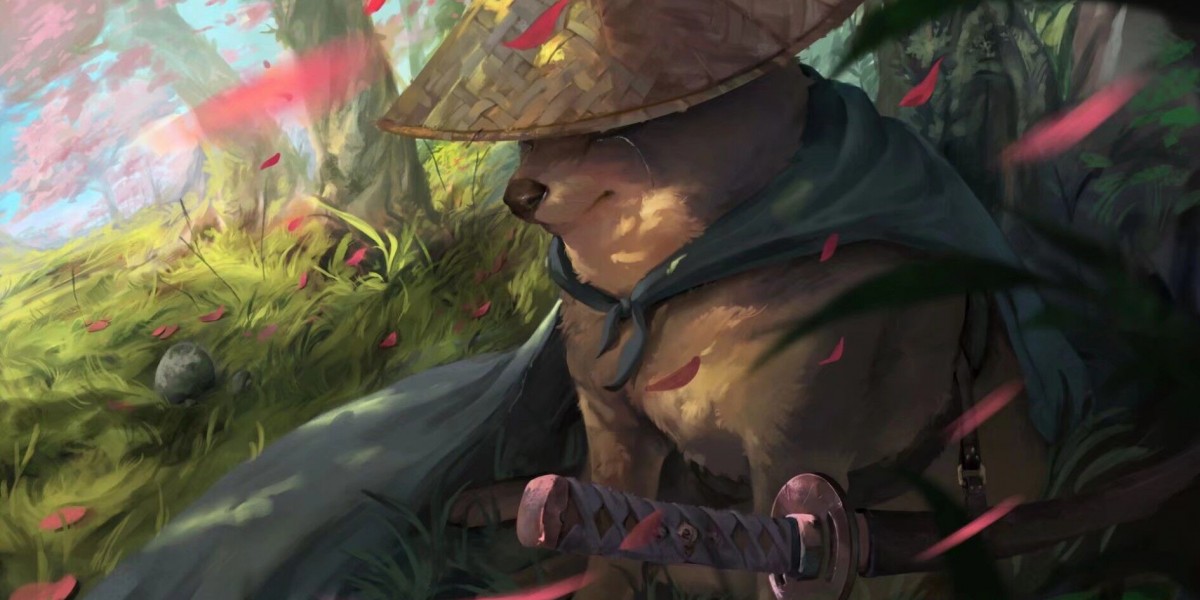Unveiling the Enchantment of Ball Joint Dolls: Discover Their Alluring Features and Craftsmanship!
Ball joint dolls, often affectionately referred to as BJDs, are captivating figures that have carved a niche in the doll-collecting community. These dolls are distinguished by their articulated joints, allowing for a level of posability and expression that traditional dolls simply cannot match. Their appeal lies not just in their physical characteristics but also in the stories and personalities that collectors imbue within them. This article aims to delve into the enchanting world of ball joint dolls, exploring their unique features, rich history, and the intricate craftsmanship that goes into making these exquisite pieces of art.

Understanding Ball Joint Dolls
Ball joint dolls are a type of articulated doll characterized by a series of joints that allow for a wide range of movement and poseability. Unlike traditional dolls, which often have fixed limbs and limited articulation, ball joint dolls are designed with a ball-and-socket joint system. This anatomy enables the limbs, head, and torso to move fluidly, offering collectors and enthusiasts the ability to create dynamic poses and expressions. Typically made from high-quality materials such as resin, vinyl, or silicone, these dolls not only look realistic but also have a pleasing tactile quality. The versatility in their design means that they can be styled in countless ways, making them a favorite among artists and hobbyists alike.
The Alluring Features of Ball Joint Dolls
One of the most alluring aspects of ball joint dolls is their extensive customization options. Collectors can choose from a variety of skin tones, eye colors, and hairstyles to create a doll that reflects their personal style or the character they envision. The face of a ball joint doll can be transformed with different makeup styles, further enhancing its unique character. Additionally, the dolls often come with a wide array of outfits, accessories, and even props, allowing for endless creative possibilities. The artistry involved in their design is truly remarkable; skilled artisans sculpt each doll with meticulous attention to detail, ensuring that every curve and feature contributes to its overall aesthetic appeal. The result is a lifelike doll that not only serves as a collectible but also as a canvas for personal expression.
The History of Ball Joint Dolls
The history of ball joint dolls dates back to the late 19th and early 20th centuries, with their roots in Europe and Asia. Initially, these dolls were crafted as toys for children, but as time progressed, they began to gain popularity within the adult collector community. The advent of modern technology in the late 20th century allowed for increased precision in manufacturing, leading to the creation of beautifully detailed and customizable dolls. A key milestone in their evolution occurred in the early 2000s when the introduction of online communities and marketplaces made it easier for enthusiasts to share their collections, swap customization tips, and connect with artisans. This surge in interest has allowed ball joint dolls to flourish as both art pieces and collectibles, leading to an ever-growing appreciation of their cultural significance.
Craftsmanship: How Ball Joint Dolls Are Made
The creation of ball joint dolls is a meticulous process that involves several stages. It begins with the design phase, where artisans sketch the doll's features and poses. Once the design is finalized, sculptors create a prototype, often using materials like clay to form the initial structure. After the prototype is approved, molds are made, allowing for the mass production of doll parts. Each piece is then carefully cast from high-quality resin or vinyl to ensure durability and aesthetic appeal. Assembly requires skilled hands, as artisans must attach the joints and limbs correctly to maintain the doll's posability. Quality control is crucial at every step, ensuring that each doll meets the high standards expected by collectors. The combination of artistry and technical skill results in a final product that is both beautiful and functional.
Celebrating the Artistry and Charm of BJDs
In summary, ball joint dolls are a fascinating blend of artistry, craftsmanship, and personal expression. Their unique features, such as posability and customization, set them apart from traditional dolls, while their rich history highlights their evolution into cherished collectibles. As we explore the enchanting world of these dolls, it becomes clear that each piece holds a story and embodies the skill of the artisans who create them. Whether you are a seasoned collector or a newcomer drawn to their beauty, ball joint dolls invite everyone to appreciate the artistry involved in their creation.







